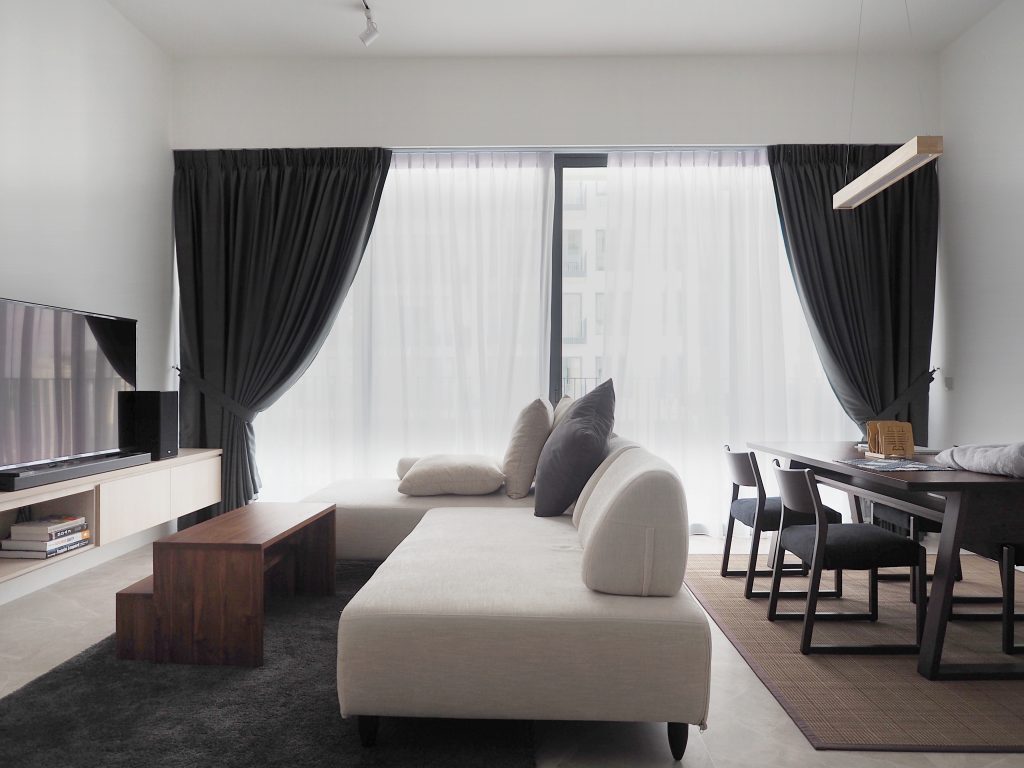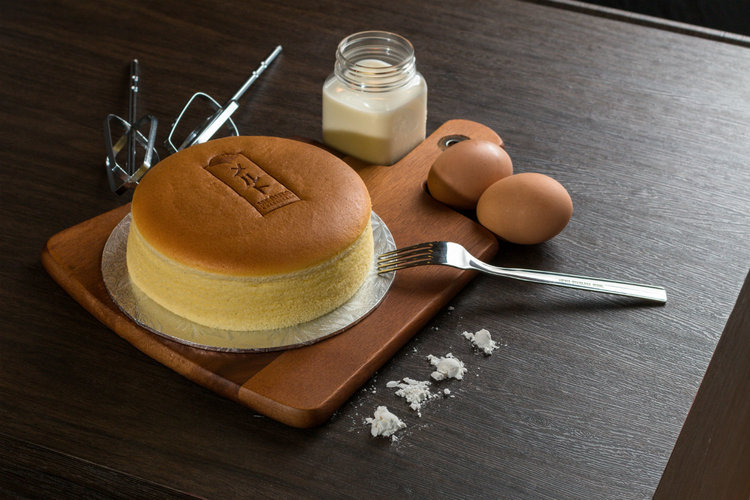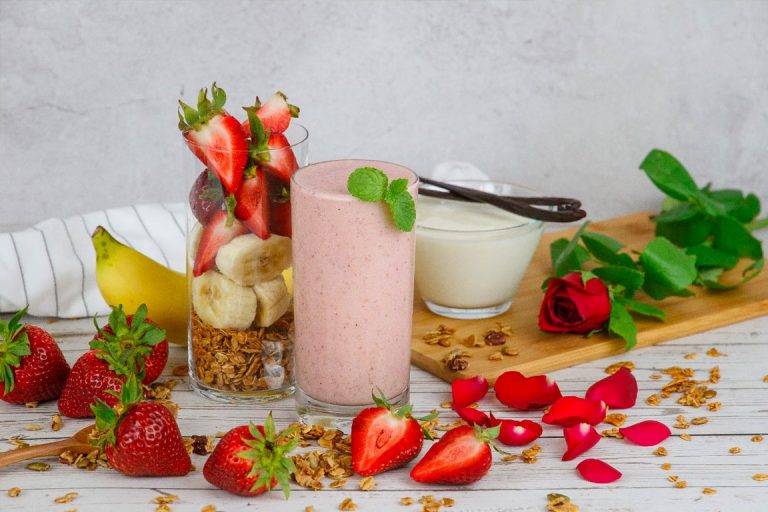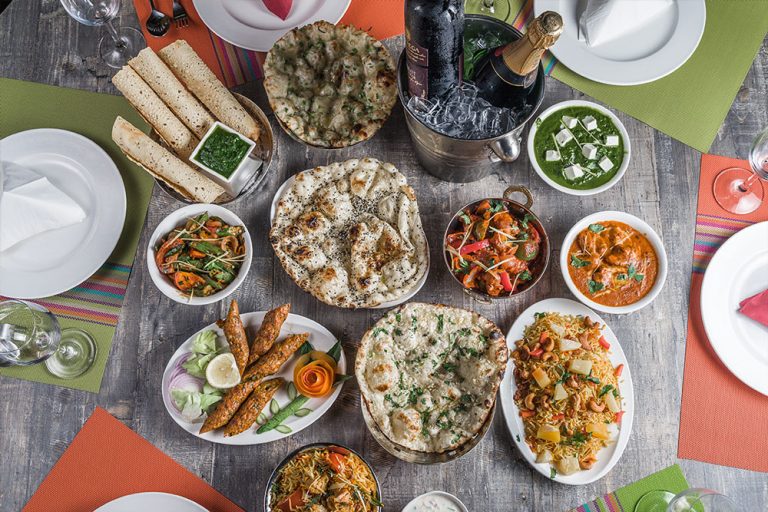Have you ever felt stressed in your own house? That stress could’ve been caused by clutter.
Science tells us time and again how clutter is directly linked to our moods and the quality of our relationships. Not only do we become irritable and anxious when there’s way too much stuff lying around the house, we also tend to project this lousy feeling on other family members – resulting in never-ending conflicts.
Many hoarders admit that they continue to make more purchases to help them recover from the anxiety of having a cluttered space. If you take a closer look at this problem, you’ll realise that consumerism can be a dangerous cycle for those who don’t shop smart.
And that’s precisely why switching to a minimalist lifestyle is great for you. Many people think minimalism is not a practical choice and that it requires an unimaginable willpower to sacrifice our desires. But the truth is, the lesser things we own, the better we feel. In other words, minimalism is mindful consumerism (AKA buying only what we really need).
Wondering how going minimalist will be of any help? Read these 5 top reasons it’s beneficial for you.
1. More functional living space
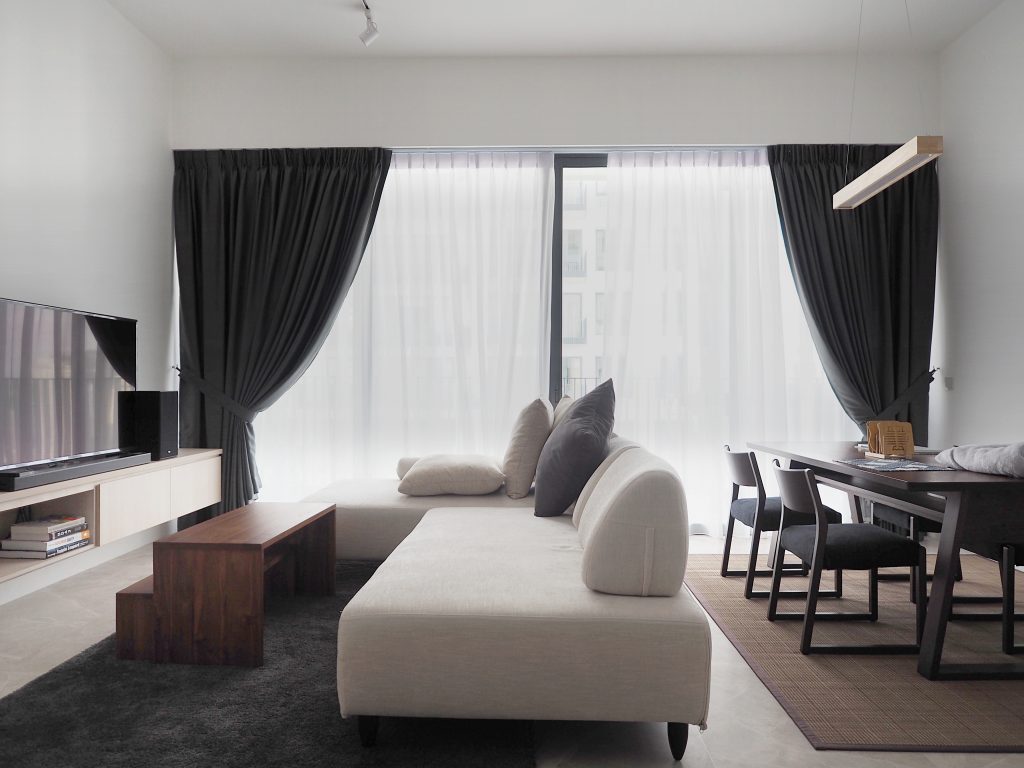
Image Credit: minimalist.sg
I’m sure most of us would love to have a bigger home, but how much of that space will actually be functional?
Functional living space simply means that you’re able to use a furniture or a space for its real purpose. Say, you have a dining table which is clearly for dining. But when you leave a pile of clothes on it, that space is no longer a functional living space. Or, if you have a bedroom so full of junk that you decided not to sleep there anymore.
When you become a mindful consumer, you will have less clutter and more space to live in. This also means that it’s possible to be content with the size of your current home without always chasing the next best option. Which brings us to the next point…
2. You can save so much money
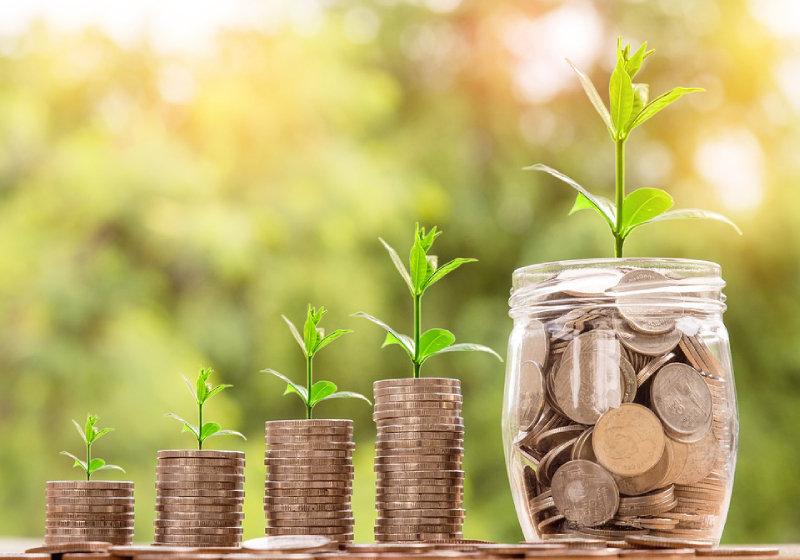
Image Credit: asiaone.com
This one’s quite obvious. Minimalism encourages you to save up for things that truly matter – like vacations, retirement, child’s education or even for the rainy day. You’ll also find your work more purposeful and less about the paycheque. This will help you build a better work-life balance for yourself and your family.
3. Less clutter = More free time
When I first started decluttering, I kept a log on how many hours I spent a day cleaning my house. This included doing the dishes and the laundry, vacuuming the floor, folding washed clothes, rummaging through the fridge to find what to cook. All this would cost me between 2 to 3 hours of my day. That time is now mostly spent on reading novels, something I could hardly do before.
What are your hobbies or self-care practices? With minimalism, you’ll have so much more time to pursue them.
4. Minimalism improves your self-confidence
One of the main reasons we keep hoarding things is because it gives us a sense of identity – like some sort of a grounding effect. Nevertheless, the high that comes out of retail therapy does not last long as the new purchase soon becomes “old”. When you let go of what no longer adds real value to your life and start to look inwards, you’ll realise that your true strength comes from within. You then build your identity based on your own value, thus making yourself a more confident person.
5. You become healthier mentally and physically
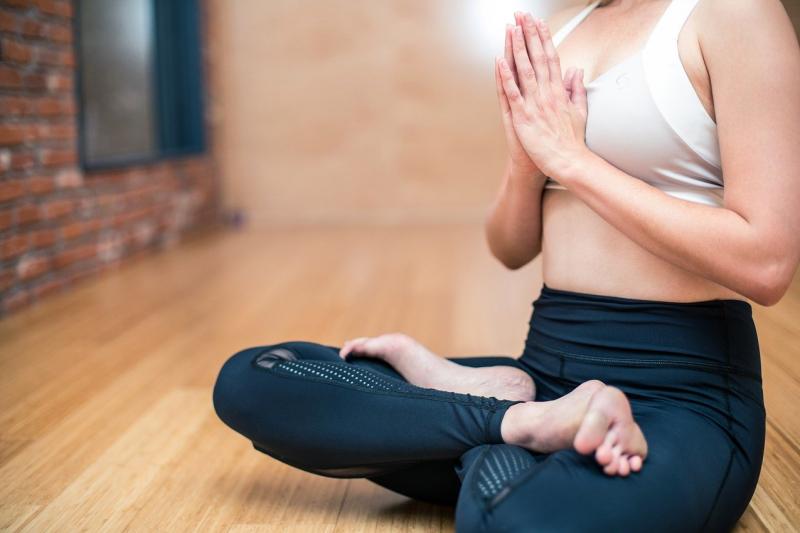
Image credit: upi.com
In the beginning of this article, I mentioned how clutter has real effects on our mental health. Research shows that clutter affects our brain’s ability to focus and process information. This leads to stress, anxiety and irritability. And we all know what prolonged stress does to our body – it weakens our immune system and brings with it many other diseases.
A cluttered house also is a dust haven if you don’t clean it regularly. Sinusitis, allergies and asthma are some of the classic signs you’ll have if you live in a dusty environment.


